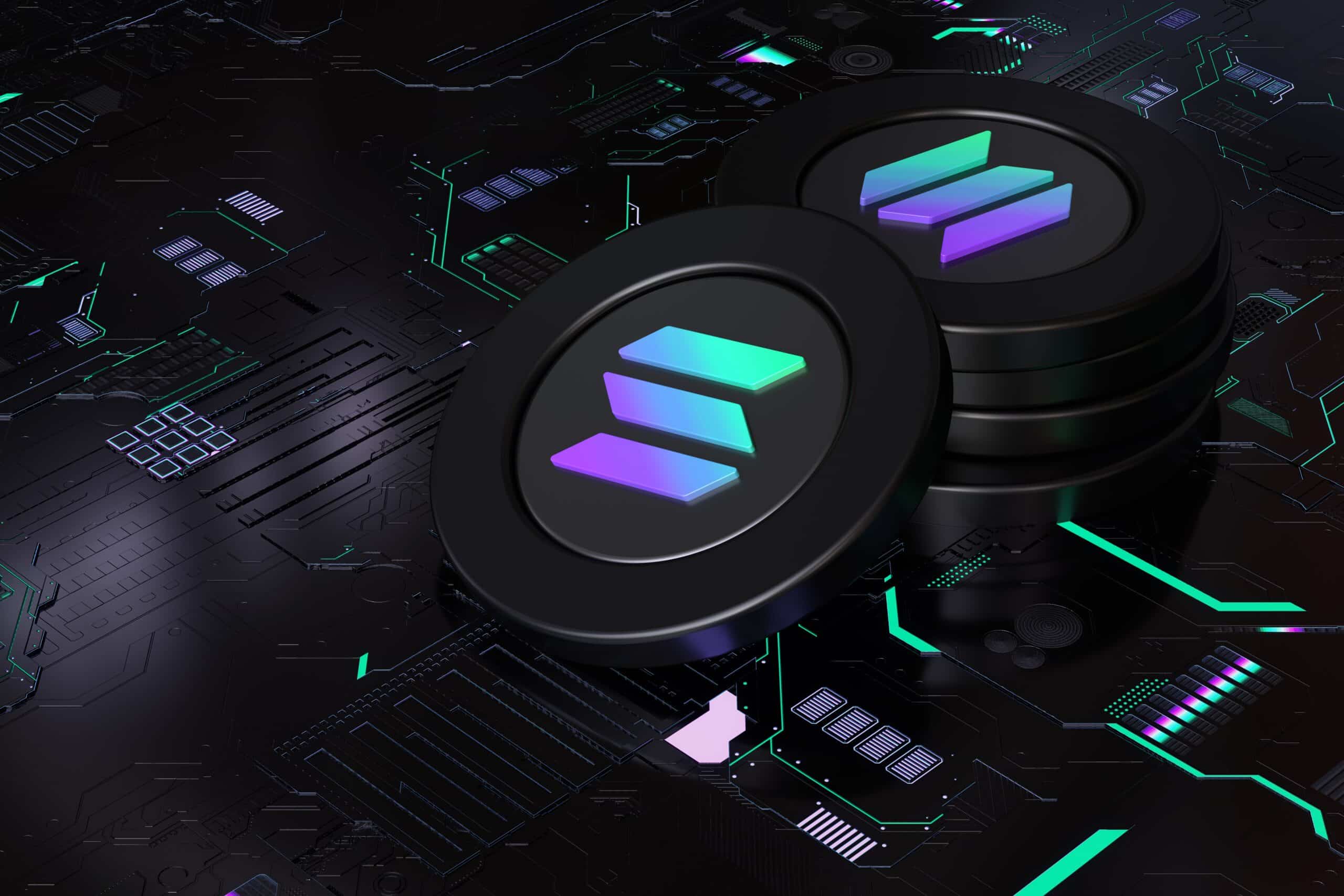Solana Validators Vote to Allocate 100% Precedence Prices to Validators

The Solana neighborhood concluded a governance vote that led to prefer of allocating 100% of priority funds to validators, ending the previous procedure of burning 50%, which had supposedly created an imbalance between validator incentives and network security.
The balloting ended on SIMD-0096 with 77% of validators in prefer, along with Everstake, Bonk and Solend. Among folks who antagonistic the change were Step Finance, Solana Compass and Triton.
Under the previous procedure, some validators had reportedly engaged in side deals with block producers to create obvious their transaction might be processed sooner. The proposed change of paying the complete price to validators to dissuade them from this behaviour, and toughen overall network security and efficiency.
Some members of the neighborhood voiced concerns about the impact casting off the burn mechanism would hold on SOL’s tokenomics, doubtlessly impacting how inflationary its offer might be within the lengthy bustle.
“While our bags would enormously safe pleasure from the elevated funds, I’m now not pleased with casting off the burn mechanism,” wrote Hanko Baggins from Bandito Stake.
Proponents of the proposal argued that the adjustments would don’t hold any proper field topic impact on inflation. Stakewiz’s Laine argued that “the burn argument doesn’t create sense, as burning prio funds is correct a bonus, if prio funds aren’t burned or prio funds don’t exist at all makes no incompatibility to emission.”
Based on Laine’s estimates, the accumulate change to inflation might be 4.6% magnify in SOL issuance, which used to be if fact be told the the same as sooner than priority funds were introduced a twelve months ago.
Solana Labs cofounder Anatoly Yakovenko furthermore addressed these kinds of concerns on X, asserting that under the unique procedure, customers conclude up paying double the priority price in focus on in confidence to outbid pointers that whisk to validators.
One among the ideal criticisms of the proposal used to be the fact that validators alone were allowed to vote on the final consequence, with very top 21 validators required for nearly all vote to be reached.
“Many non validating customers deem now that this proposal is validator collusion in itself and will most probably be a gateway to more negative impacts for customers,” acknowledged one user on the governance dialogue board.
It is price noting that the proposal might now not be activated for months to reach, despite the balloting . The characteristic required to bring this into originate is currently now not supported within the unique mainnet beta and upcoming mainnet beta utility.
Source credit : unchainedcrypto.com
